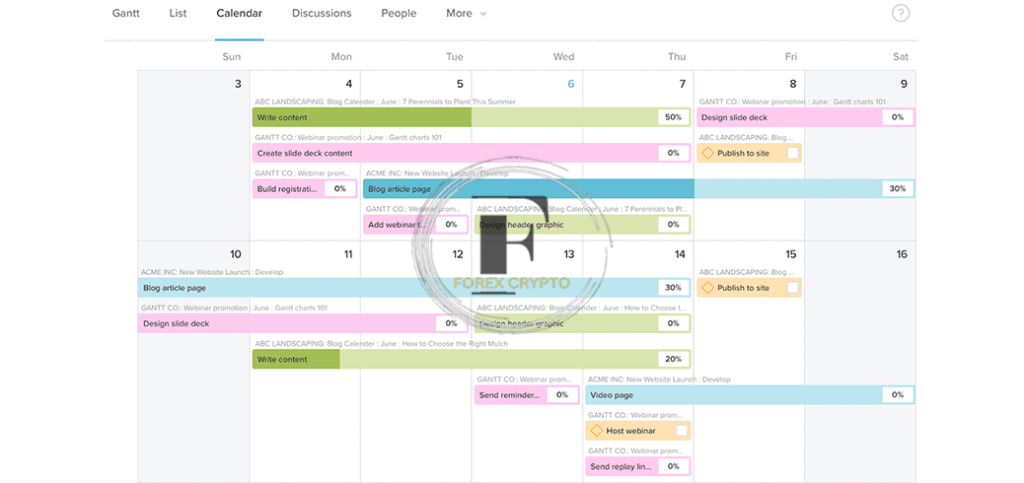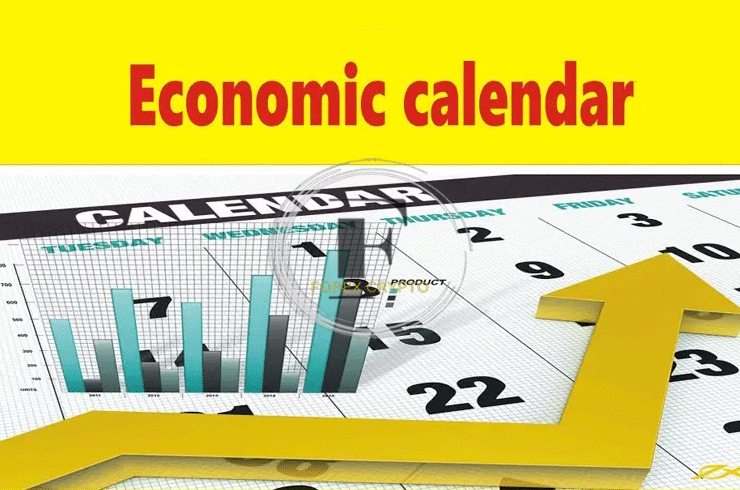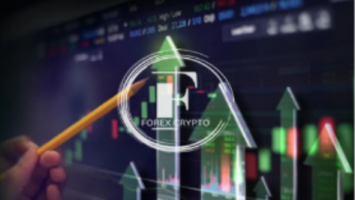Successful Forex traders and investors rely heavily on the economic calendar to give them a leg up in the markets.
Despite the economic calendar’s enormous ability to safeguard traders from losses caused by sudden market swings, many still prefer to disregard it.
Both technical traders who emphasize technical analysis alone and novice traders tend to overlook the economic calendar.
While the article’s intended audience is new traders, even experienced technical traders will pick up some helpful information.
Because of this, we shall examine the following themes:
The schedule of economic events
Learn the basics of calendar reading and put them to work for you in your trade.
And with that, let us begin.
What is the Forex Economic Calendar?
You should check out the economic calendar if you want to know how the markets and your investments could react to upcoming economic events. In addition, keep an eye on the economic calendar throughout the day if you trade forex or any other asset class since economic data might affect your positions in the market.
FINDING A TRADING CALENDAR
Several tools are available to keep up with the most recent economic news, including the economic calendars provided by many trading brokers, websites, and platforms. Most calendars look the same, update themselves regularly, are simple to read, and include various tools to make analysis easier.
HOW TO READ THE FOREX ECONOMIC CALENDAR
- Each day, the most significant events and data releases from major nations worldwide are often included on the economic calendar. However, to better plan your transactions, you may narrow your emphasis to a particular day of the week or month.
- Interest rate decisions by central banks, GDP numbers, trade balance statistics, inflation numbers, and employment reports are some of the most often shown events on the Forex economic calendar.
- Depending on the calendar, you can sort the macro releases by priority or nation of origin. In addition to the date and hour of each occurrence, the impacted currency, and the issuing organization, the list also briefly describes each incident.
- Most economic calendars provide historical data, expert consensus projections, and actual data for each upcoming macro report.
HOW TO USE THE ECONOMIC CALENDAR IN FOREX TRADING
- Traders in the foreign exchange market may keep tabs on market circumstances and anticipate price changes after major events by analyzing news and fundamental releases. This may be a vital component of a successful foreign exchange trading strategy.
- Understanding which geopolitical events and macroeconomic releases may affect a particular Forex pair is essential for deciphering the economic calendar. For instance, the GBP/USD pair, which includes the British pound, is expected to react to macro announcements from the United Kingdom.
- The US dollar is the world’s reserve currency and accounts for one-half of all significant currency pairings, such as EUR/USD, GBP/USD, USD/CAD, and USD/CHF. Therefore, geopolitical events and economic releases from the US influence forex pairs the most.
- If you are holding currency pairs and a substantial fundamental release causes those pairs’ prices to fluctuate significantly, you may be worse off if you ignore the release.

HOW TO START USING THE ECONOMIC CALENDAR IN THE FIRST PLACE
- If you’re just starting, you may not know how widely different currency pairings react to economic releases and news events. You may start by picking two or three currency pairings and watching how they respond to your selected macro releases and news events. If you’re starting out in the forex market, it’s not a good idea to spread your trading capital across more than five currency pairings.
- If you have a backtesting program, analyze the historical data to see how each currency pair responded to news stories and macroeconomic releases. You may always do this by hand if you do not need access to backtesting software. You may forecast the pair’s future movements by analyzing its past responses to a set of macroeconomic releases or news events of your choosing.
- Each instant in the forex market is unique. Therefore, you can never assume that the currency pair you’re trading will respond as it did to a previous news release. Hence, even the most enticing deals should be approached with adequate risk management.
- The high volatility that often follows significant news events means that most novice traders are better off avoiding deals likely to be influenced by such occurrences. However, if the technical situation confirms your theory, you may always take the trade after the fact.
HOW MOST TRADERS USE THE ECONOMIC CALENDAR
- As it is impossible to predict which way the price will go following the publication of essential news, many technical traders remain out of the markets until the dust settles.
- Some investors opt to make trades either immediately before or just after these announcements in the hopes of profiting from any price changes that may occur. Such transactions often include high levels of risk and are not suggested for novice traders, but they may be very lucrative for those with expertise.
- The third category includes investors who forgo technical research in favor of trading based on fundamental releases and news catalysts. Given the importance of technical analysis to a trader’s ability to maintain a consistent profit over time, we see this as a dangerous tactic.
- Even though the foreign exchange (Forex) markets are sometimes very reactive to news, geopolitical events, and specific macro releases, a trader’s best chance for long-term success is to use both technical and fundamental research.
A CASE OF TRANSACTING IN ACCORDANCE WITH THE ECONOMIC CALENDAR
- Take the most recent trading opportunity on the GBP/USD currency pair as an example. Looking at the pair over the weekend, we saw that Tuesday was when the UK’s Office of National Statistics was scheduled to issue the country’s GDP report, which may impact the currency.
- Our technical analysis found that the best place to enter a trade in the GBP/USD currency pair would be at a high resistance level. As the price of the GBP/USD currency pair reached the critical resistance level and headed downward on Monday morning, we entered a bearish trade.
- By Monday night’s close, our trade had gained over 100 pips.
- Considering that it is almost impossible to forecast the price’s movement following the publication of Tuesday morning’s GDP data, most traders would be wise to liquidate their positions before the report’s release.
- Several short- and long-term traders could have chosen to ride out the GDP release with their winning bets, hoping that prices would continue to drop after the report was released.
- Nevertheless, since our trade entry was predicated on a technical level, which in this case was a critical resistance level, fundamental-only traders could have missed the whole move.
THE BOTTOM LINE
- To a significant degree, geopolitical events and fundamental releases are what move the foreign currency markets, making the economic calendar an essential component. Therefore, incorporating the economic calendar into your trading routine and strategy will increase your profits.
- Hence, we advise all traders, whether complete novices or seasoned technical experts, to include the Forex economic calendar in their trading plan.
- As a technical trader, you must pay attention to the economic calendar. First, however, it would help if you remembered that making money is the ultimate purpose of trading the markets and that the economic calendar may assist you in this endeavor.




Comments (No)